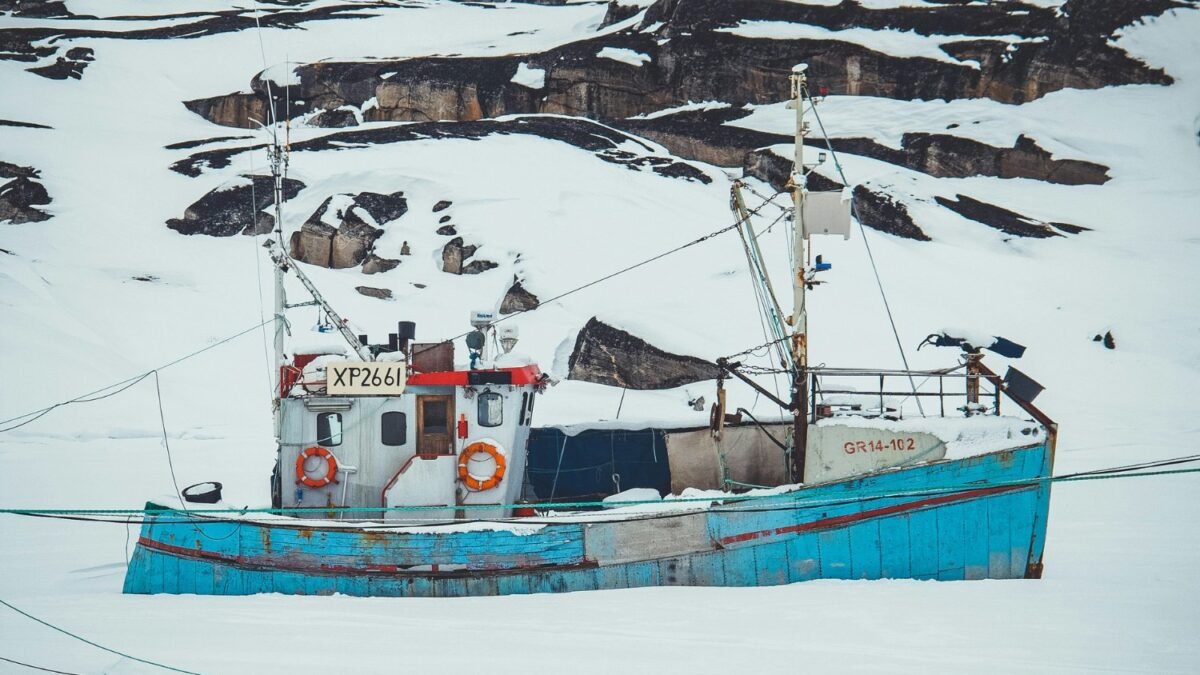Potential overfishing in Antarctica may lead to premature season closure.

During the 2024-2025 season, a practice that traditionally went unnoticed by the general public has reached unprecedented levels in the southernmost part of the planet. As the austral winter progresses, fishing vessels operating in the ocean near Antarctica are dangerously approaching the authorized limit of catches of a tiny creature that supports much of the marine life in the region.
Recent data indicates that as of June 30, over 518,000 tons of krill had been extracted, representing 84% of the annual maximum authorized by the Commission for the Conservation of Antarctic Marine Living Resources (CCRVMA), set at 620,000 tons. At this rate, the season could close prematurely for the first time in history, not as a preventive strategy, but as a consequence of having depleted the quota much earlier than anticipated.
Information leaked through sources linked to the international commission reveals increasing pressure on this small crustacean that plays vital roles in the Antarctic food chain and global climate regulation.
### The krill, an invisible yet essential gear
The Antarctic krill, despite measuring only a few centimeters, is a central piece of the ecosystem. It is the main food source for iconic species such as whales, seals, penguins, and various fish species. Additionally, by feeding on phytoplankton and forming large masses in cold waters, krill significantly contributes to carbon sequestration, helping regulate the planet’s climate.
However, industrial fishing is not only growing in volume but also focusing on increasingly specific areas. Some regions have experienced a 60% increase compared to the previous year, according to confidential reports. This intensive targeting poses a direct threat to the local fauna, unable to compete with factory ships that locate, encircle, and extract entire krill banks in a short amount of time.
Peter Hammarstedt, campaign director for the Sea Shepherd organization, likened the situation to hunting 1% of the deer in the United States but doing so exclusively in Rhode Island. During his third expedition to the Antarctic continent, he warned about the lack of dispersion in the catch, a sign of increasingly evident overexploitation.
### Political stalemate and alarm signals
The problem is exacerbated by the paralysis affecting the commission. This commission, composed of 27 countries – including China, the United States, and Russia – failed to make progress in 2023 towards establishing new marine reserves or implementing a more effective fisheries management system. Disagreements among delegations prevented the adoption of measures that could have protected sensitive areas or redistributed the extractive pressure.
Environmental organizations criticize the lack of action, stating that ecological imbalance is already noticeable in the behavior of predator species, unable to keep up with the pace of ships or adapt to the sudden alteration of their environment. The possible interruption of fishing this year, while halting fishing efforts, would also highlight the failure of the international system to act in time.
### A ecological turning point?
In the current context of environmental challenges, overfishing of krill becomes a significant symbol: that of a productive system that continues to advance even when ecological limits are in sight. What happens in Antarctica is not an exception but a mirror of the relationship between the economy and nature on a global scale.
If the premature closure of the season is confirmed, it will not be a victory for regulation but a demonstration that control mechanisms have been overcome by market inertia. The challenge is not only to define limits but to act before they are crossed.
Antarctica, the icy continent where ecosystems still retain a degree of purity, stands at a crossroads. Will the international community learn from this episode and implement reforms before it is too late? Or will we witness a new stage where even the most remote seas are exposed to the same extractive logics that have degraded other corners of the planet?
[Source: ]







